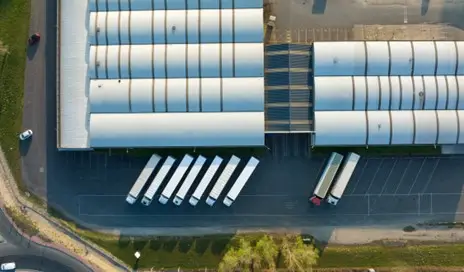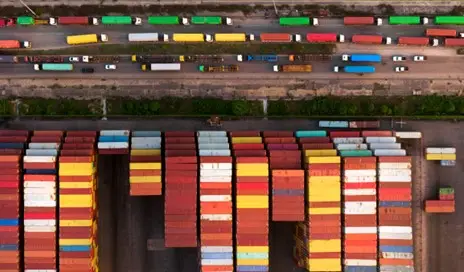In a consolidated coverage in the Wall Street Journal of what leaders were saying about Sustainability, Rich Lesser, chief adviser to the World Economic Forum’s Alliance of CEO Climate Leaders and global chair of Boston Consulting Group said, “You can encourage action in your supply chain, make it easier for your customers to decarbonize, work as a sector to make it easier for everyone to move faster, work across industries to advance key technologies and work productively with governments to be a bold partner to help them but also a pragmatic partner.”
And yet, in PwC’s 27th Annual Global CEO Survey, fewer than half of all respondents have incorporated climate risk into financial planning—and nearly one-third have no plans to do so. And one reason attributed to this: CEOs only looked at what’s within their own corporate boundaries without fully considering the interdependencies in their supply chains.
Here are top three technology trends that help CEOs keep their promises on sustainability:
Advanced data, analytics and remote sensing technologies allow companies to collect real-time information on various aspects of their operations, from water and soil quality to energy consumption and carbon emissions. These tools provide a holistic view of the environmental impact of agricultural practices, enabling companies to identify areas for improvement and implement targeted sustainability initiatives.
Blockchain technology is gaining prominence offering transparency and traceability across the supply chain. By recording every step of the production and distribution process on a decentralized ledger, companies can verify and authenticate sustainability claims. This not only enhances accountability but also builds trust among consumers who are increasingly demanding ethically sourced and environmentally friendly products.
Artificial intelligence (AI) plays a crucial role in optimizing resource use and minimizing waste in a labor and resource intense sector such as agriculture and food - the foundational need for human survival. For example, smart farming technologies, such as precision agriculture and autonomous machinery, use AI algorithms to analyze data and make informed decisions in real-time. This not only improves efficiency but also reduces the environmental impact by minimizing the use of water, fertilizers, and pesticides.
There is an opportunity for leaders to not just keep their promises. They can and must invest in a sustainable and resilient future for our planet. Embracing these technological interventions is not just a business imperative, but a collective responsibility toward building a greener and more equitable world.
Share your thoughts here : Lessons from Davos: A CEO’s Guide to keeping Sustainability Promises
Let’s start a conversation









